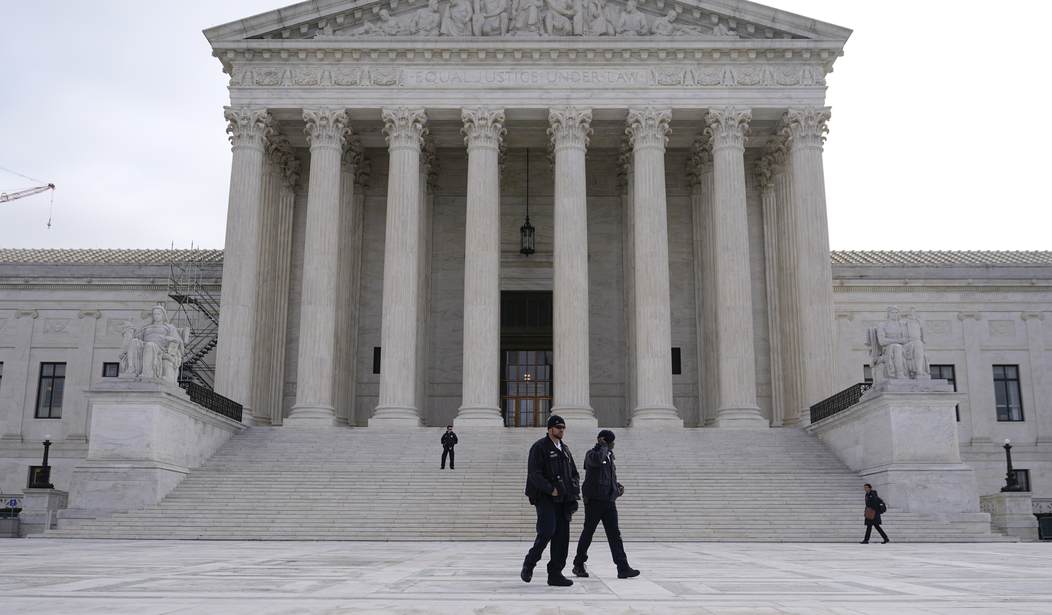The Supreme Court has decided not to address a legislative provision that legally shields tech platforms from being held accountable for their users’ posts. This means that companies like Twitter, Meta’s Facebook and Instagram, as well as Google’s YouTube, will continue to be shielded from liability for what their users post on their platforms.
While this decision provides temporary relief for tech platforms, the battle is not over. In the case of Gonzalez v. Google, the court declined to address the application of Section 230 of the Communications Decency Act, citing a lack of plausible claim for relief. The case will be sent back to a lower court for reconsideration in light of a similar case, Twitter v. Taamneh, where the Supreme Court ruled that platforms cannot be held accountable for aiding and abetting terrorist attacks based on user content.
Section 230 of the Communications Decency Act is an internet law enacted in 1996. It provides legal immunity to online platforms, shielding them from liability for content posted by their users. Under Section 230, platforms are treated as intermediaries rather than publishers, allowing them to host a wide range of user-generated content without being held responsible for its legality or accuracy.
This protection has been instrumental in fostering innovation, promoting freedom of speech, and enabling the growth of social media platforms. However, Section 230 has also faced criticism for potentially shielding platforms from accountability and facilitating the spread of harmful content. The ongoing debate revolves around finding the right balance between protecting online expression and addressing platform responsibility in the digital age.
The court’s decision not to interfere with Section 230 is seen as a significant victory for online speech and content moderation. Proponents argue that Section 230 not only protects larger tech companies but also safeguards smaller players from costly lawsuits by dismissing cases related to user speech at an earlier stage.
However, there remains a divide among lawmakers regarding the necessity and potential changes to Section 230, posing challenges to any future reforms. Tech companies, including Meta, Google, Twitter, and TikTok, have welcomed the court’s decision, emphasizing the importance of Section 230 in enabling the internet as we know it and protecting free speech online.
Sen. Dick Durbin (D-IL) criticized the court for its ruling in a statement released on his website.
“The Justices passed on their chance to clarify that Section 230 is not a get-out-of-jail-free card for online platforms when they cause harm,” he said.
Rep. Cathy McMorris Rodgers (R-WA) also took issue with the ruling. “This law hasn’t been meaningfully updated since the Communications Decency Act was enacted, nearly three decades ago,” she pointed out in her own statement. “The online ecosystem has changed drastically since then, which is why we must update the law intended to hold these companies accountable.”
However, others have pointed out that while this ruling may have bought Section 230 more time, there will be a reckoning coming. Alan Rozenshtein, a professor at the University of Minnesota Law School told the Wall Street Journal that the provision is “too big of a deal to avoid forever,” but has “ at least a few more years left.”
The article also notes that attacks against Section 230 will come from both parties:
Democrats generally think the platforms allow too much hateful content to spread and that the companies should do more to police user posts. Republicans often say the platforms censor conservative content, which the companies deny. The complaint from the right is driving a separate wave of state legislation now making its way through the courts.
The debate over Section 230 has intensified over the past decade, with concerns over privacy and politically-motivated censorship being top concerns.
Proponents of Section 230 argue that it has played a pivotal role in growing the internet and enabling platforms to host a vast array of user-generated content. This protection has allowed platforms, both large and small, to innovate, foster online communities, and provide spaces for free expression without fear of legal repercussions. Section 230 proponents contend that without this immunity, online services would face a deluge of costly litigation, stifling innovation and limiting the availability of diverse viewpoints on the internet.
Conversely, critics of Section 230 argue that the law has inadvertently created a shield that tech giants abuse, enabling them to evade responsibility for harmful and illegal content that appears on their platforms. Detractors claim that platforms like Facebook, Twitter, and YouTube, with their immense user bases, should be held accountable for their role in facilitating the spread of misinformation, hate speech, and terrorist propaganda.
They argue that the law should be revised to encourage platforms to take a more proactive approach in moderating and removing harmful content. Critics also raise concerns about the lack of transparency and accountability in content moderation policies, urging platforms to provide clearer guidelines and mechanisms for user appeals.
The Supreme Court’s ruling could be another factor that might add a new dimension to the debate. But ultimately, the disposition of Section 230 will fall on the legislature to address.













